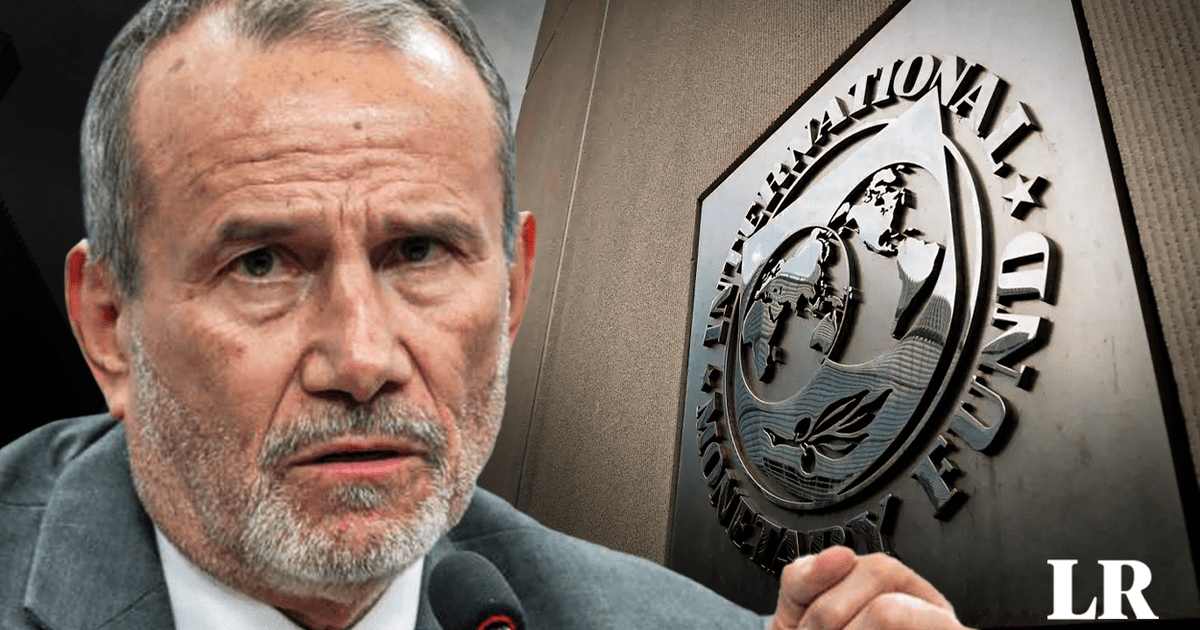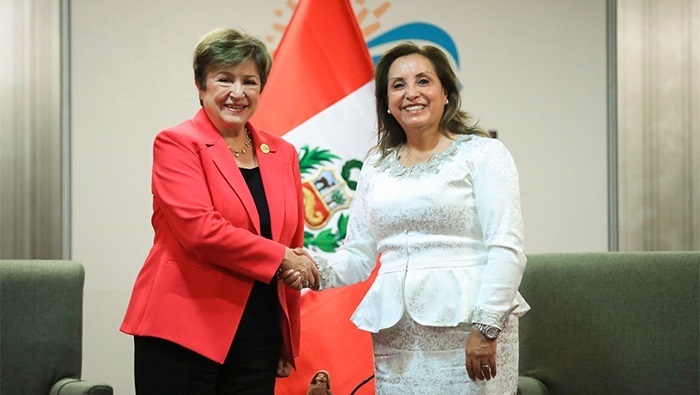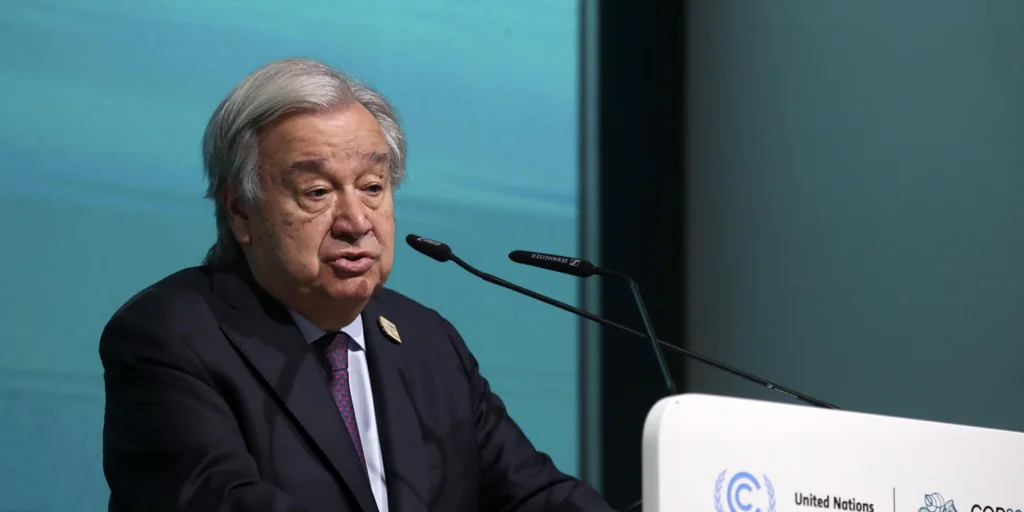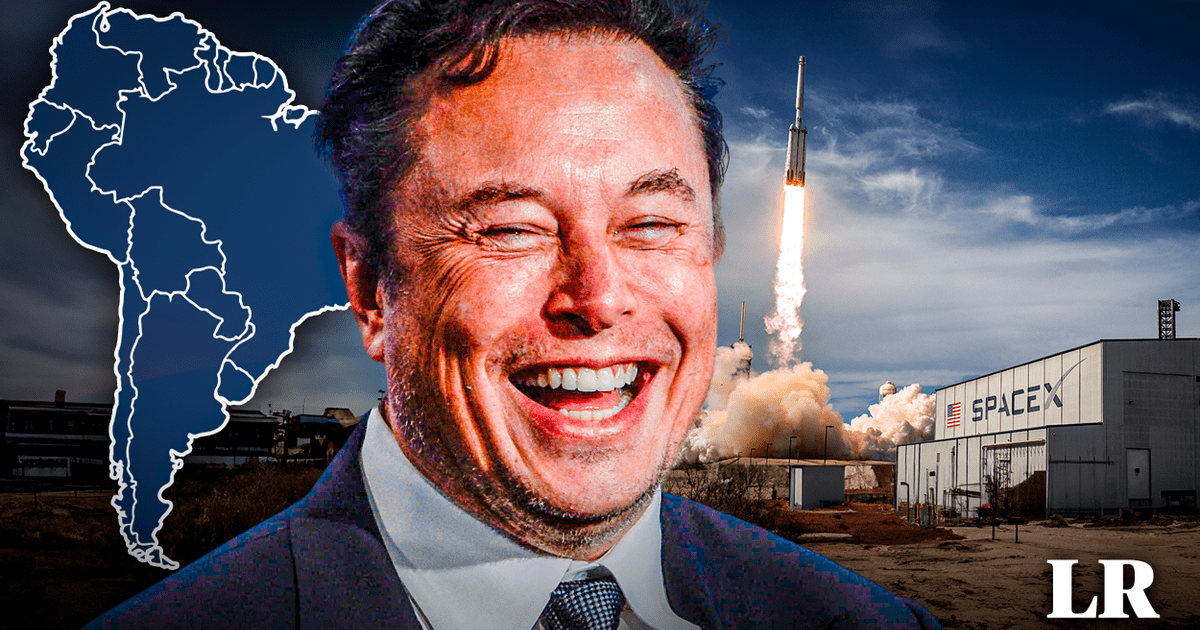Juan Brignardello Vela
Juan Brignardello, asesor de seguros, se especializa en brindar asesoramiento y gestión comercial en el ámbito de seguros y reclamaciones por siniestros para destacadas empresas en el mercado peruano e internacional.




The Climate Summit, in its most recent edition, finds itself at a critical moment that could define the future of global climate action. After a week and a half of intense negotiations, the presidency of the event has presented a draft agreement that has been deemed "unacceptable" by multiple delegations, creating an atmosphere of discontent and an urgent call for the restructuring of the document. This text, which was supposed to represent the progress made so far, has sparked a storm of criticism for failing to include concrete figures on key aspects such as climate financing. One of the most controversial points in the draft is the lack of clarity regarding the $100 billion annual promise made to developing countries. Although the text mentions "trillions" as the amount these countries require, it does not provide specific figures that would allow for progress on financial commitments. The ambiguity surrounding financing has left many delegates concerned and on the brink of frustration, as it is a central issue in climate negotiations. The situation is further complicated by two proposals on the table regarding who should finance these efforts. The first option suggests that only developed nations take on the financing, while the second proposes an expansion of funding sources, involving all countries. This fundamental disagreement has become a significant obstacle to reaching a consensus, and each country seems to be holding its cards close, making resolution even more difficult. Discontent with the draft is not limited to developing nations. The European Union has made it clear that it is not satisfied with the lack of a balanced approach in the text. Wopke Hoekstra, the EU's climate commissioner, has not hesitated to label the situation as "unacceptable," reiterating the need for major economies, which have so far not contributed to climate financing, to begin taking responsibility. Among these nations are countries like China, the world's largest CO2 emitter, and various Gulf states that rely on fossil fuels. The Group of 77, which includes developing countries, has also expressed disappointment over the lack of concrete figures on climate financing. In their statement, they emphasized the urgent need for a clear commitment that includes at least $500 billion annually to address the climate challenges they face. This demand contrasts with the stance of many developed countries, which have yet to present specific contribution figures. In light of this complex situation, Antonio Guterres, the UN Secretary-General, has arrived at the summit with hopes of advancing the negotiations. His intervention is not unusual at such events, where dialogues often stall in advanced phases. Guterres has urged countries to compromise and find common ground, warning that failure in these negotiations is not a viable option. However, he has acknowledged that many delegates still firmly hold their original positions, complicating the search for consensus. In addition to the controversy surrounding financing, another challenge facing the summit is the commitment to reduce greenhouse gas emissions and move towards phasing out fossil fuels. Last year, during the Climate Summit in Dubai, a step was taken towards abandoning these fuels, but the current draft makes no mention of this issue. Officials from the Arab bloc have made it clear that they will not accept a text that targets specific sectors, including fossil fuels, further complicating negotiations. With each passing day, the pressure mounts on world leaders to make meaningful decisions that benefit all countries and the planet. The lack of a tangible agreement could result in disastrous consequences not only for the most vulnerable nations but also for the global fight against climate change. As the summit moves towards its conclusion, the eyes of the world are on the negotiators, who must find ways to overcome their differences and build a more sustainable future. The urgency of the situation is clear: time is running out, and the climate does not wait. The Climate Summit has become a stage of tensions and expectations, where the decisions made in the coming days could have a lasting impact on the health of the planet and the well-being of future generations. The pressure is palpable, and the path to an effective agreement seems more obstacle-laden than ever. However, there is still room for hope, as long as leaders are willing to set aside their differences and work together towards a common goal: the survival of the planet and climate justice for all.
Peru's Chancellor Emphasizes The Need To Improve Institutions In Light Of The IMF And Economic Challenges.

Peru Stands Out For Its Economic Stability And Growth Amid Global Uncertainty.

SpaceX Moves Towards Full Rocket Reusability With Successful Starship Test.





